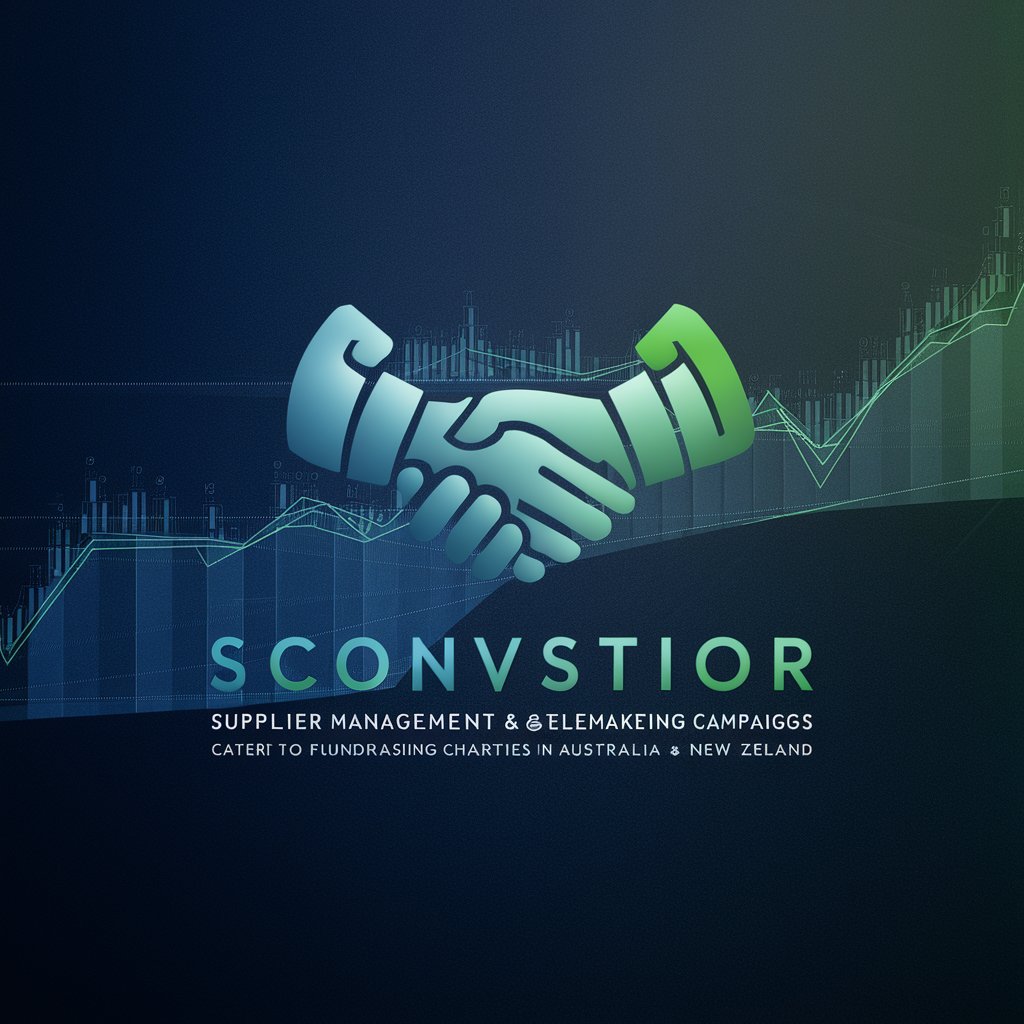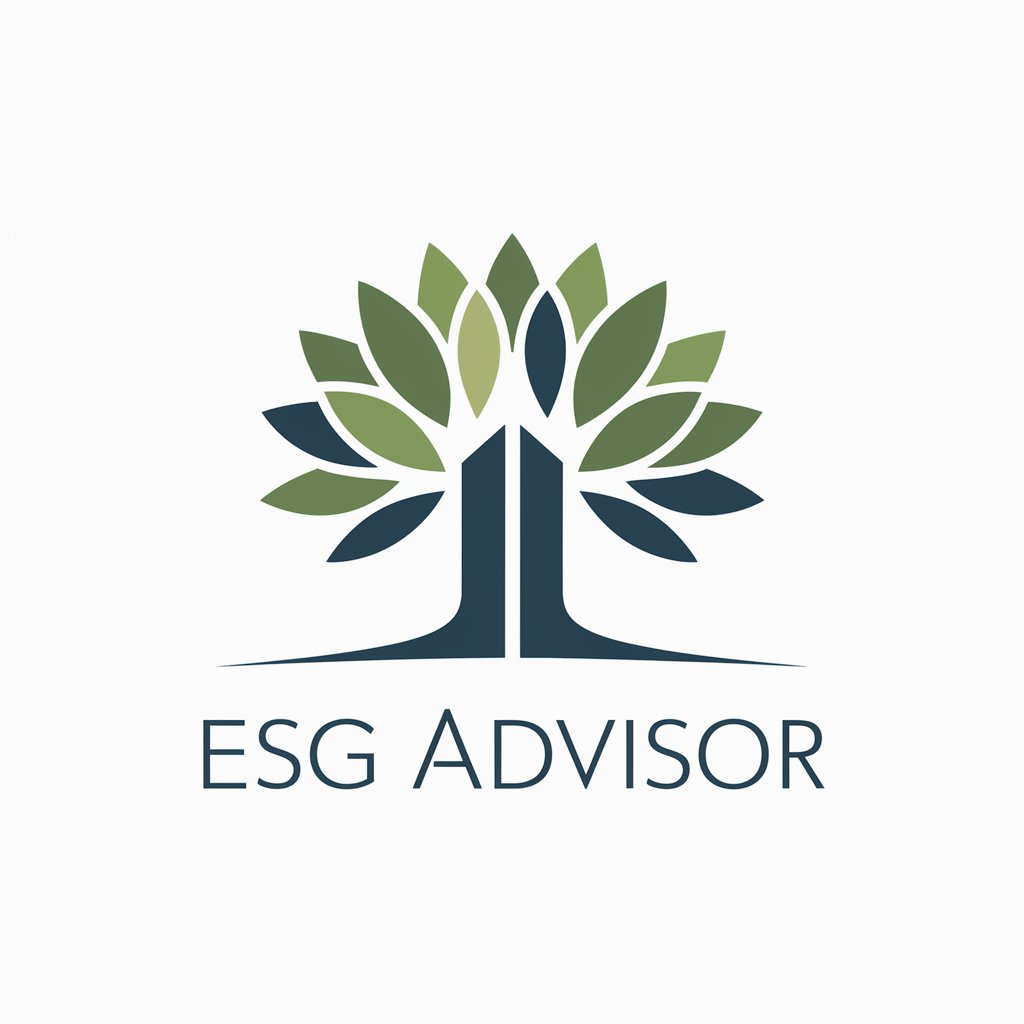
ESG 공급망 실사 관리 - ESG Due Diligence Platform
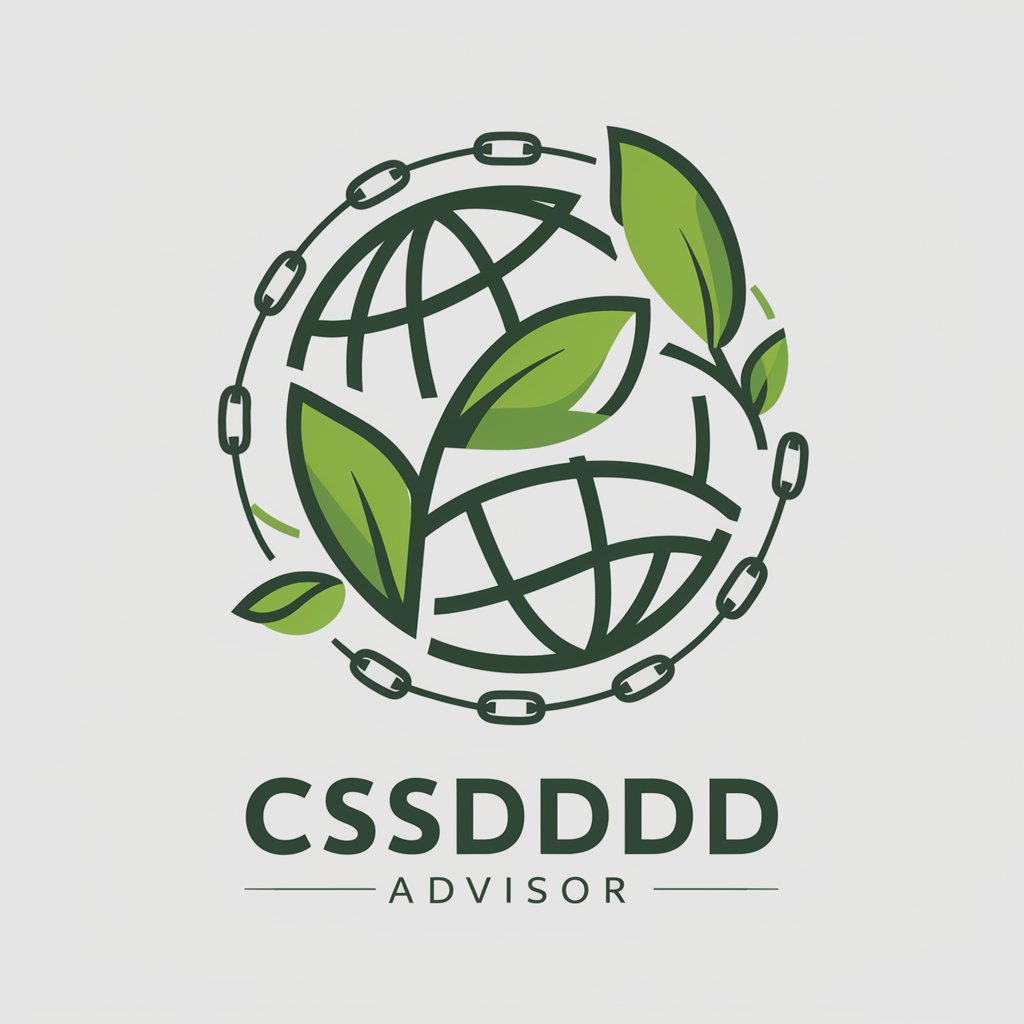
Welcome to your ESG compliance partner, CSDDD Advisor!
Empowering Sustainable Supply Chains
Create a comprehensive overview of...
Explain the importance of ESG compliance in...
How can companies effectively manage...
What are the best practices for maintaining...
Get Embed Code
Introduction to ESG Supply Chain Due Diligence Management
ESG Supply Chain Due Diligence Management (ESG 공급망 실사 관리) is designed to ensure that companies maintain responsible and sustainable practices within their supply chains, focusing on Environmental, Social, and Governance (ESG) criteria. This system is intended to help organizations identify, assess, and mitigate risks related to ESG issues that may arise from their suppliers and business partners. For instance, a company may use ESG due diligence to prevent environmental damage by ensuring its suppliers adhere to strict waste management and emissions standards, or to avoid social issues by ensuring fair labor practices are followed throughout the supply chain. Powered by ChatGPT-4o。

Main Functions of ESG Supply Chain Due Diligence Management
Risk Assessment and Management
Example
Identifying suppliers with poor environmental records and requiring them to implement corrective measures.
Scenario
A textile manufacturer conducts an environmental audit on its dye suppliers to ensure they're not polluting local water bodies. Suppliers failing the audit are given a timeframe to improve their practices or face contract termination.
Compliance Monitoring
Example
Tracking and ensuring adherence to global and local ESG regulations across the supply chain.
Scenario
A multinational electronics company uses a software tool to continuously monitor its suppliers' compliance with international labor standards, thereby avoiding child labor and ensuring safe working conditions.
Supplier Engagement and Capacity Building
Example
Educating suppliers on ESG best practices and helping them implement sustainable practices.
Scenario
A food processing company organizes workshops for smallholder farmers on sustainable farming techniques, aiming to reduce water usage and chemical pesticides, thereby enhancing the sustainability of its agricultural supply chain.
ESG Reporting and Disclosure
Example
Providing transparent reports on ESG performance and practices within the supply chain.
Scenario
An automotive manufacturer annually publishes a detailed sustainability report, including data on its supply chain's carbon footprint, waste management practices, and social initiatives, enhancing stakeholder trust.
Ideal Users of ESG Supply Chain Due Diligence Management Services
Multinational Corporations (MNCs)
MNCs, with complex global supply chains, face significant ESG risks and scrutiny. ESG due diligence helps them manage these risks, comply with regulations, and maintain their reputation among consumers and investors.
Small and Medium-sized Enterprises (SMEs)
SMEs seeking to expand their market reach or enter supply chains of larger corporations can use ESG due diligence to demonstrate their commitment to sustainable practices, making them more attractive business partners.
Investors and Financial Institutions
Investors and financial institutions use ESG due diligence to assess the sustainability and ethical practices of companies they invest in, minimizing risks associated with ESG issues.
Regulatory Bodies and NGOs
These groups may use ESG due diligence tools to monitor and enforce compliance with ESG standards and to promote sustainability and responsible business practices across industries.

How to Use ESG Supply Chain Due Diligence Management
Start Your Journey
Begin by accessing yeschat.ai for an introductory experience without the need for login credentials, nor a ChatGPT Plus subscription.
Identify Objectives
Clarify your ESG objectives and requirements by defining key performance indicators (KPIs) and compliance targets within your supply chain.
Gather Data
Collect comprehensive data on your supply chain's ESG performance, including supplier audits, environmental impact assessments, and labor practices.
Analyze and Plan
Utilize analytics tools to evaluate ESG data, identify areas for improvement, and develop actionable plans for enhancing supply chain sustainability and compliance.
Implement and Monitor
Execute the planned ESG initiatives, continuously monitor their impact, and adjust strategies as needed to ensure ongoing compliance and improvement.
Try other advanced and practical GPTs
Design Insight Analyzer
Revolutionizing POD with AI-Driven Design Insights
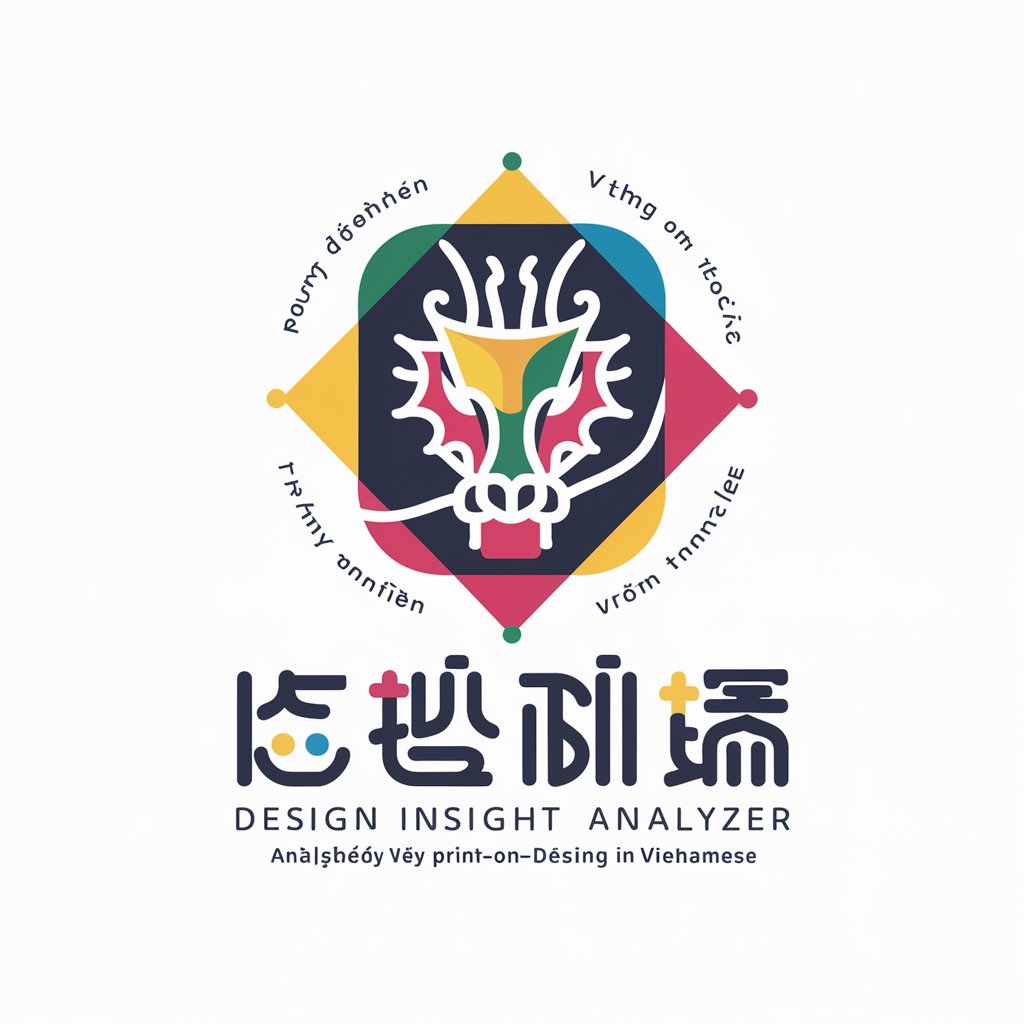
Nego Pro
Strategize Your Success with AI
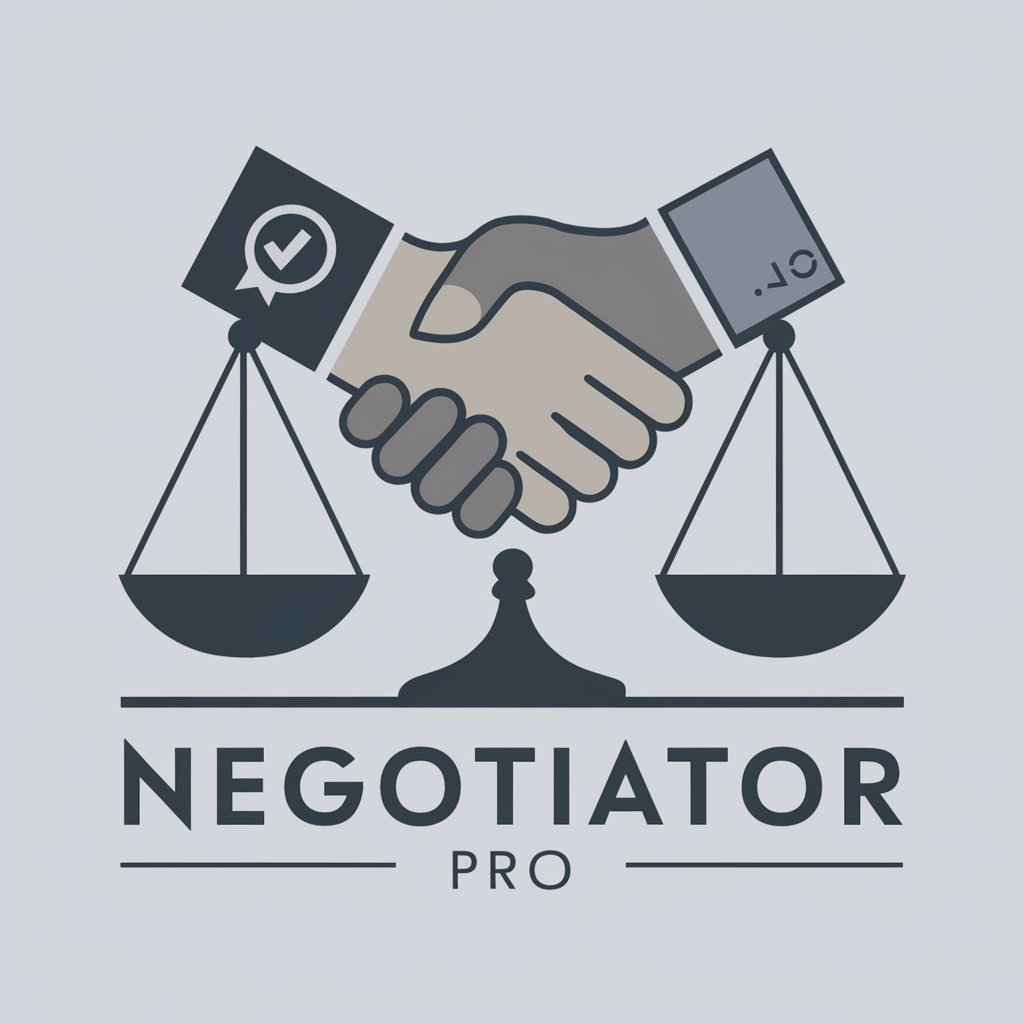
성공코치
Empowering success with AI insights

Mentor Coach Hwang
Elevate your coaching with AI-powered insights

HM Financial Navigator
Empowering financial clarity with AI

GPT Instruction Genius
Crafting Custom AI with Precision

네일 마스터 가이드
Crafting Beauty with AI-driven Artistry

전기기사 자격증 인공지능
Empowering Electrical Engineers with AI

Netcarat Navigator
Empowering Jewelry Marketing with AI

Rap Maestro
Craft Your Beats with AI

HR
Empowering HR with AI
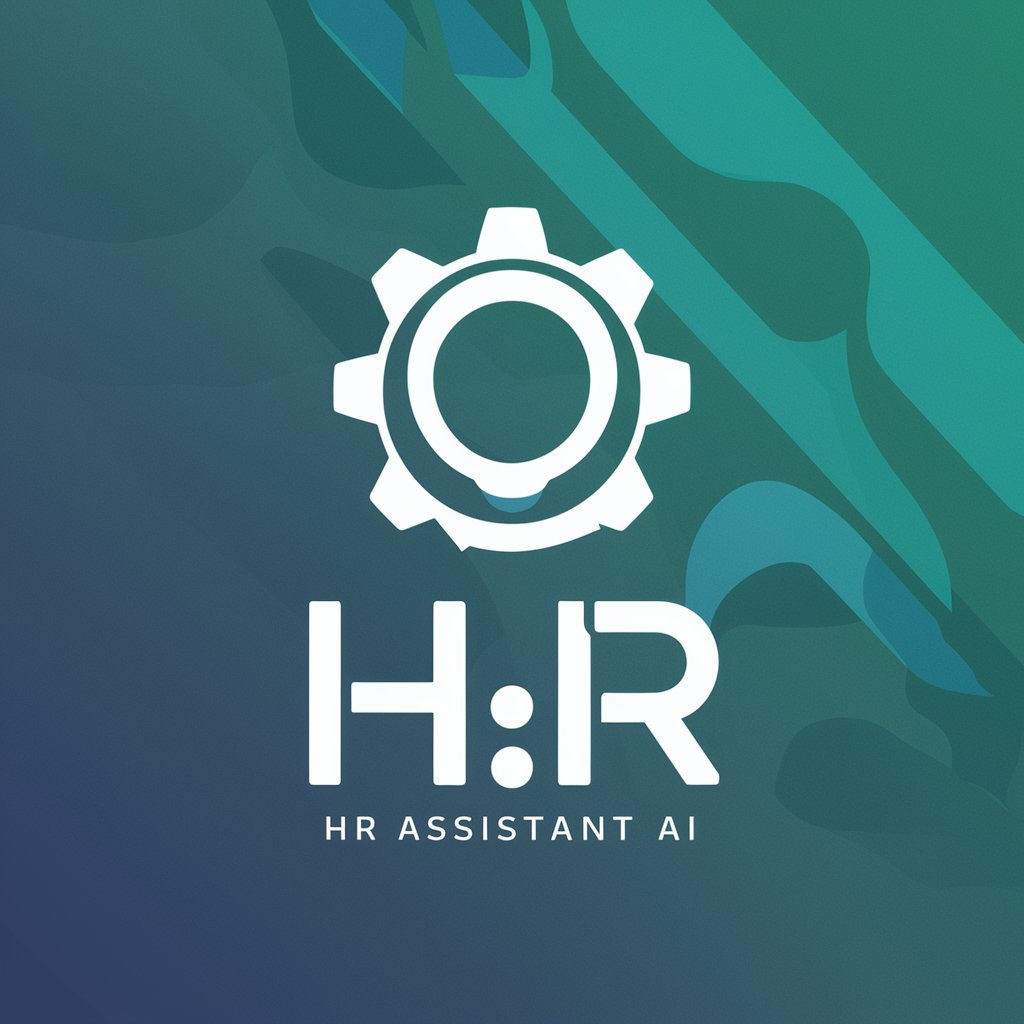
HR Job Profile Assistant
Streamline HR with AI-powered Precision

Frequently Asked Questions on ESG Supply Chain Due Diligence Management
What is ESG Supply Chain Due Diligence?
ESG Supply Chain Due Diligence refers to the process of systematically examining a company's supply chain to ensure it meets environmental, social, and governance (ESG) standards. This involves assessing suppliers' practices, mitigating risks, and ensuring compliance with global ESG regulations.
How can ESG Supply Chain Due Diligence benefit my business?
Implementing ESG due diligence can enhance your brand reputation, reduce operational risks, comply with regulatory requirements, and meet stakeholder expectations for sustainable and ethical business practices.
What are the key components of an effective ESG due diligence process?
Key components include comprehensive supplier assessments, continuous monitoring and reporting of ESG performance, stakeholder engagement, and the integration of ESG factors into procurement and decision-making processes.
How do I manage ESG data effectively?
Effective ESG data management involves establishing a centralized data collection system, adopting standardized ESG metrics, and utilizing technology platforms for data analysis and reporting.
Can small and medium-sized enterprises (SMEs) implement ESG Supply Chain Due Diligence?
Yes, SMEs can implement ESG due diligence by focusing on critical areas of their supply chain, leveraging available resources and tools, and engaging with suppliers to improve ESG performance collaboratively.




